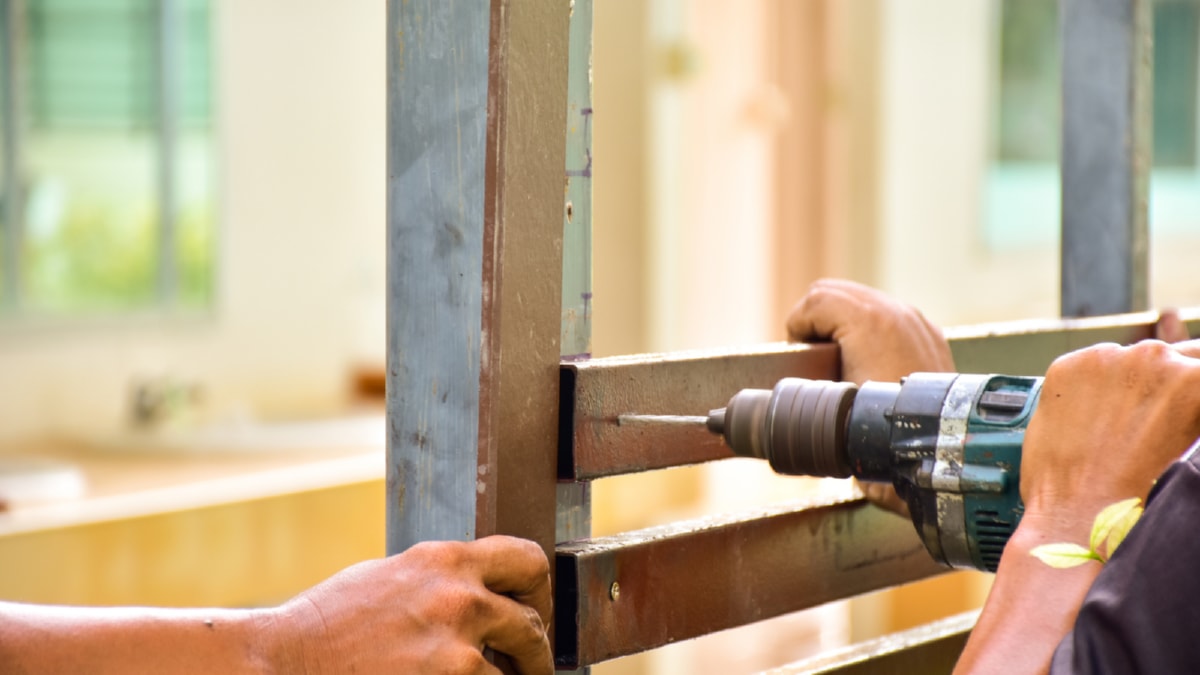Selecting the perfect construction materials for your project is a crucial step in ensuring the success of your construction endeavor. It might seem like a daunting task given the wide array of materials available in the market. However, with the right knowledge and understanding, you can make an informed decision that will cut down your costs, enhance the longevity of the structure, and meet your specific project needs.
To begin with, it is crucial to know the nature of your project. Industrial structures will require different materials compared to residential homes. It’s also worth considering the location of the project. For instance, if you’re building a home in a humid area, you might want to consider using materials that resist moisture like treated wood or concrete. On the other hand, for areas with high temperatures, you may opt for materials with high thermal mass like brick, which can help to regulate indoor temperatures.
Secondly, you need to consider the durability of the materials. The best way to ensure that your project lasts for a long time is by choosing high-quality materials. While these might be more expensive initially, they can save you money in the long run as they require less maintenance and replacements. For example, steel is more durable and requires less maintenance than wood, making it a better choice for structures that need to withstand heavy loads or harsh weather conditions.
Thirdly, you should look at the price of the materials. While it’s important to not compromise on quality, it’s equally important to stick to your budget. Do a cost comparison from various suppliers and consider the overall expense of the materials, including delivery and installation. It’s also worth considering the cost of maintenance and the anticipated lifespan of the material, as these can significantly affect the total cost of your project.
Lastly, consider the environmental impact of the materials. With an increasing emphasis on green building, it’s becoming more important to choose materials that are environmentally-friendly. These could include materials from sustainable sources, or materials that contribute to energy efficiency, such as insulated concrete forms or low-emissivity glass.
In summary, selecting the right building materials for any construction project involves a careful consideration of the nature of the project, the durability of the materials, the cost, and the sustainability. By taking these factors into account, you can ensure that you make an informed decision that will lead to the success of your project.
.
For more details, check best basement and foundation waterproofing services or visit their business listing here.



